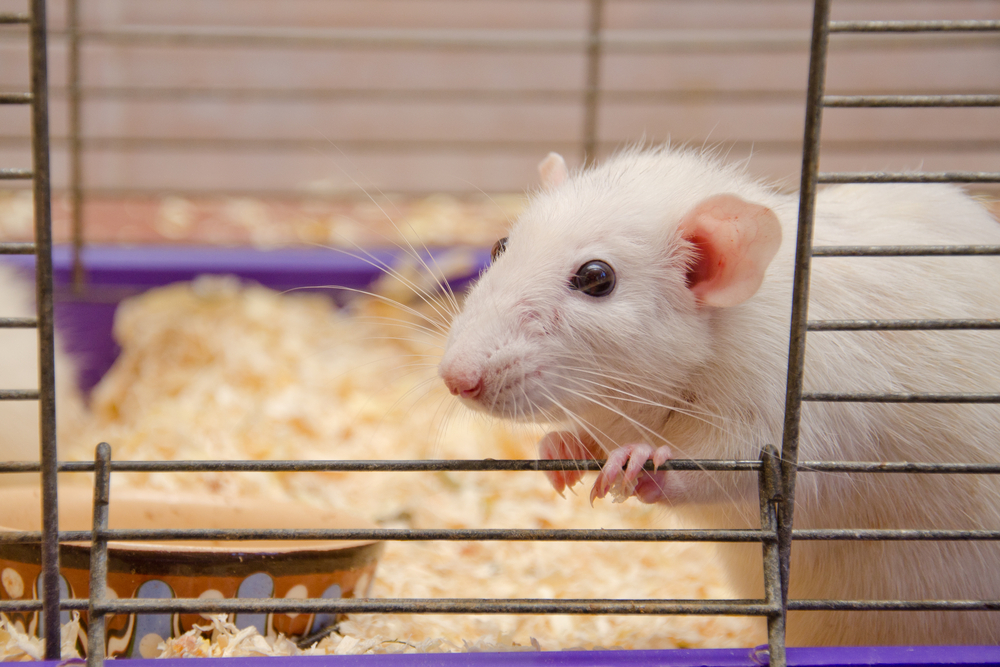ARDS-003 Reduces Inflammation in PF Mouse Model, Could Be COVID-19 Therapy
Written by |

ARDS-003, Tetra Bio-Pharma’s investigational medication for the treatment of hyperinflammatory lung injury, showed an anti-inflammatory effect in pre-clinical studies using a mouse model of pulmonary fibrosis (PF) and could be considered for the treatment of COVID-19, the company announced.
Apart from reducing inflammation, the therapy also lessened fibrosis, or scarring, in the animals’ lung tissue. Such scarring is the hallmark of PF.
According to the Canadian bio pharma, these data support ARDS-003’s advance into clinical trials in humans to assess the therapy’s potential as a treatment for severe inflammatory disorders such as PF and COVID-19.
“We will soon be submitting the application for our Phase 1 clinical trial to demonstrate safety in healthy volunteers and define the pharmacokinetic [the movement of drug into, through, and out of the body] profile of ARDS-003,” Guy Chamberland, PhD, CEO and chief regulatory officer at Tetra Bio-Pharma, said in a press release.
Of note, at this point, Tetra Bio-Pharma “is not making any expressed or implied claims that its product has the ability to eliminate, cure and/or contain the COVID-19 or the SARS-CoV-2 virus at this time,” Chamberland added.
COVID-19, also known as coronavirus disease 2019, is caused by a viral infection of the respiratory tract that can cause severe disease in some people, particularly those who are older or have underlying conditions. A subset of people with COVID-19 may develop pneumonia that progresses to acute respiratory distress syndrome (ARDS), a condition in which fluid builds up in the lungs, preventing oxygen from reaching the bloodstream.
“ARDS-003 is an investigational new drug designed to dampen the cytokine release syndrome and prevent the development of acute respiratory distress syndrome (ARDS),” Chamberland said.
A synthetic or man-made compound, ARDS-003 acts on the body’s endocannabinoid system, a widespread neuromodulatory system that plays important roles in the central nervous system. The medication binds to CB2 receptors, which are responsible for modulating inflammation and the activity of cytokines (cell signaling molecules).
Now, Tetra Bio-Pharma reported that the administration of ARDS-003 yielded promising results in the bleomycin model of PF. Bleomycin is a toxic compound that triggers inflammation and is used in mice models to induce PF.
In this PF mouse model, ARDS-003 effectively reduced the levels of key inflammatory cytokine markers including IL-6 — which has been associated with exacerbations of clinical disease. Further, after 20 days of treatment, ARDS-003 also had reduced fibrosis in the animals’ lung tissue.
To confirm the therapy’s anti-inflammatory effect in humans, the researchers used inflammation models in human lung cells and treated those with ARDS-003. In these in vitro (in the lab) experiments, ARDS-003 was able to reduce the effects of fibrosis-associated inflammatory pathways.
Taken together, the researchers believe that ARDS-003 could be used as an experimental therapeutic treatment for fibrosis-associated inflammatory diseases, including COVID-19.






